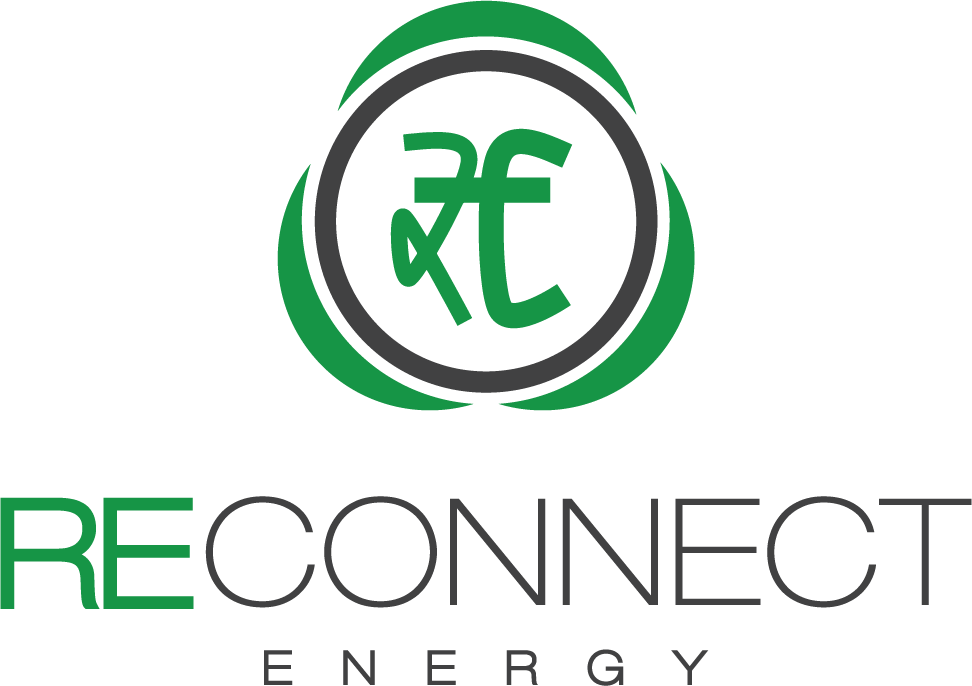Order on APPC of HPSEB Ltd for FY 2011-12
The revised Pooled Cost of Power Purchase has been worked out as Rs. 2.24 per unit for the FY 2011-12. The order on APPC of HPSEB Ltd for FY 2011-12 is available here.
PSERC notifies final regulation on RPO
Honorable Punjab State Electricity Regulatory Commission (PSERC) notified final regulation on Renewable Purchase Obligation and its compliance. PSERC specified the RPO percentage of 2.37% (Non Solar – 2.34 % and Solar – 0.03 %) for current financial year 2011-2012. The
TNERC Proposes Amendment to RPO Regulation
The TNERC notified the draft amendment to the Renewable Purchase Obligation Regulation on 19th May, 2011. The draft resembles the CERC regulations except for few minor changes. The key highlights of the draft regulations are, Captive & Open Access Consumers have
RPO Compliance May be Required More Frequently
After the low trading volumes in April, we strongly advocated quarterly compliance in order to make the REC market functional. Now it has been reported that the CERC has been actively considering such a proposal (See Business Standard article here). An
Important Order from CSERC on Metering
An important order was passed by Chattisgarh State Electricity Regulatory Commission (CSERC). Metering in the case of captive units has been an issue in claiming REC. While the CERC procedures are very clear about the requirements - need for a
REC Trading Off to a Slow Start
Further to our analysis of REC trading in April, The Hindu recently covered the same, and so did Business Standard, which mentioned that the REC price declined by 61.5% in just the second trade. We agree with their comment of REC Trading needing a 'booster'. However, we believe that booster will come in the form of more frequent compliance requirement - clearly, if the obligated entity has time till March 2012 to meet the compliance requirement, why bother spending the money now?
Demand Side participation in REC Mechanism
In the REC Mechanism , obligated entities like distribution licensees, open access consumers and captive consumers having Renewable Purchase Obligation (RPO), need to buy either physical renewable energy or REC to meet RPO compliance. This provision would ensure that obligated entities that are not able to procure physical renewable energy, would purchase RECs to avoid penalty. Even though, the regulatory provision has been provided for mandatory RPO compliance, as the provision being enforced for the first time in India, a question on every stakeholder’s mind is “Who will actually buy RECs?” With the RPO being enforced, it is anticipated that only distribution licensees would contribute in bringing demand for RECs in the market. However, we believe that in the initial years, they would not be the only significant buyers of RECs in the market place. This is mainly because they already buy a significant volume of green power under preferential tariffs. Further, the revised RPOs set by various SERCs are set up in such a way that the net shortfall of renewable energy for a distribution licensee to meet its RPO would very minimal.
REC Mechanism and Structuring Sale of Electricity for Benefit Maximization
Renewable Energy Certificate Mechanism provides few additional options to RE generators to structure their electricity sale to maximize their profit. Structuring the sale of electricity can play an important role in maximizing the benefits of a particular project. A Renewable Energy Generator can have multiple options to manage electricity sale. Each option has its own advantages and limitations. The options can be listed out as:
- Sale to DISCOM at Preferential Tariff: PPA with a DISCOM is a very basic option which can assure guaranteed ROI over a longer duration. This can be a benchmark to evaluate other options against.
- Sale to DISCOM at Average Power Purchase Cost: Sale to DISCOM at Average Power Purchase Cost can assure a guaranteed return with an additional income from GBI, but the tariff is low when compared to the preferential tariff. This drop in tariff can be compensated by additional revenue from RECs.
- Third Party Sale/ Open Access: Detailed analysis is required while going for Third Party Sale or Open Access as this may involve higher risks and other applicable charges as well. The charges may include Transmission Loss, Transmission Charges, and wheeling Charges. Cross Subsidy charges may also be eligible and will have a considerable effect on the price if implemented. The advantage with Third party Sale/ Open access is that the tariff may be comparatively higher and the generator is allowed to avail RECs as well.
- Captive/ Group Captive Consumption: Most of the states allows RE generators to consume electricity generated as a captive consumption by paying nominal wheeling and banking charges (in case of wind/small hydro). As per CERC regulation, when RE generation is used for captive consumption and promotional benefits are availed (promotional wheeling and banking), RE generator becomes ineligible to participate in REC mechanism.
Renewable Energy Certificates-An Introduction
As part of the National Mission on Climate Change, a policy to implement Renewable Purchase Obligation (RPO) is being put in place by the Central Electricity Regulatory Commission. The new policy will require Electricity Distributors, large Captive Consumers and large Open Access Consumers to purchase a certain percentage of their total electricity needs from renewable sources. Renewable Energy Certificates: Similar to Carbon Credits Similar to the Carbon Credit Market, a market for meeting the RPO requirements is in the process of being set up in India. Just like at the international level, companies that do not meet their emission reduction targets can purchase Carbon Credits from the market, similarly, Electricity Distributors in India that do not buy the percentage of renewable energy required by law, will have the option to fulfil their obligation by purchase of Renewable Energy Certificates (REC). RECs will be traded at power exchanges in India. Additional Source of Revenue For renewable energy producers – wind farms owners, biomass power plants, small hydro projects, etc, RECs present a very valuable

